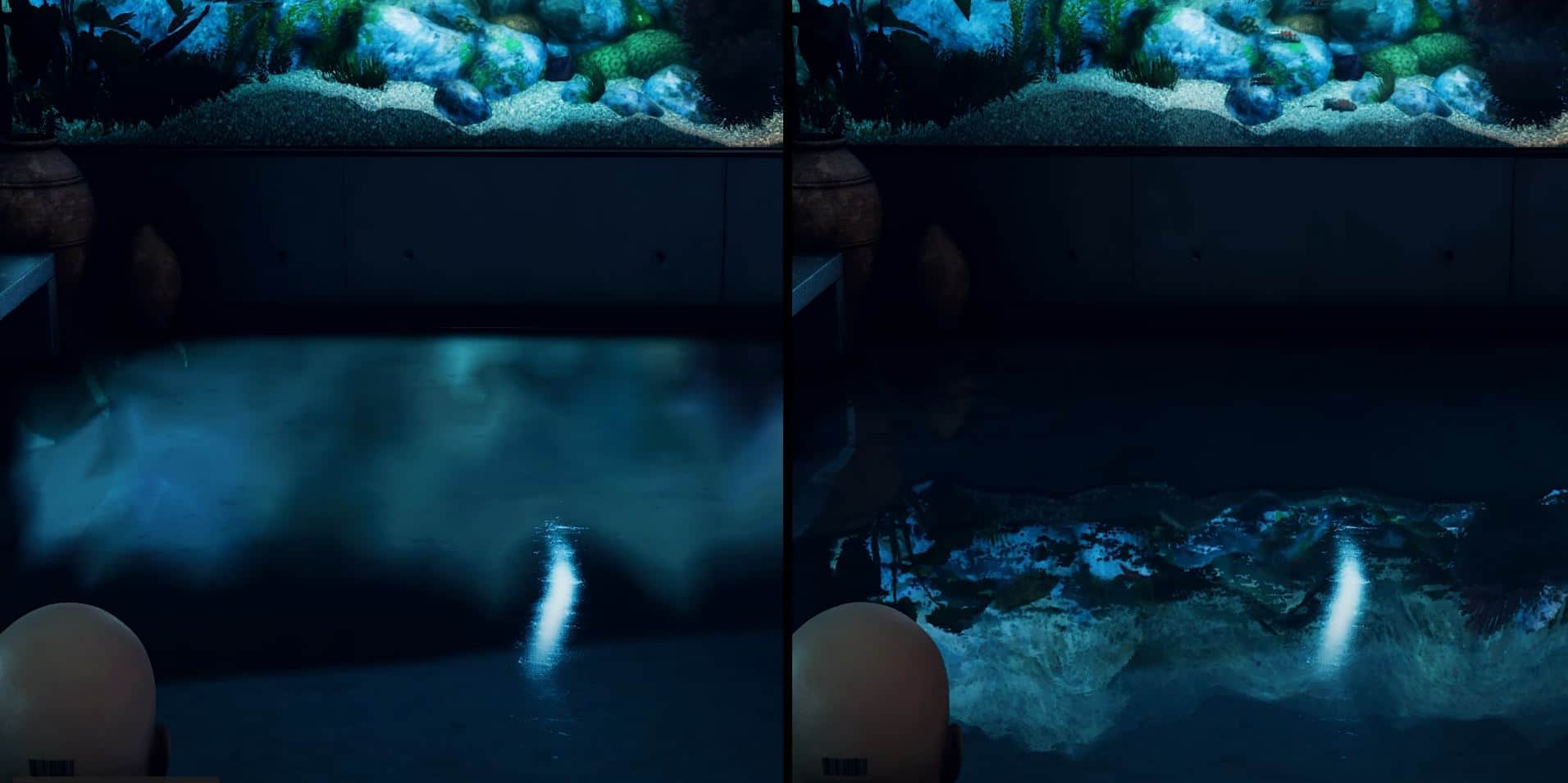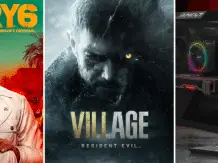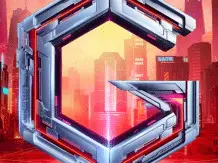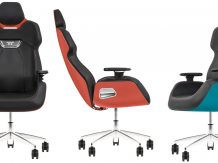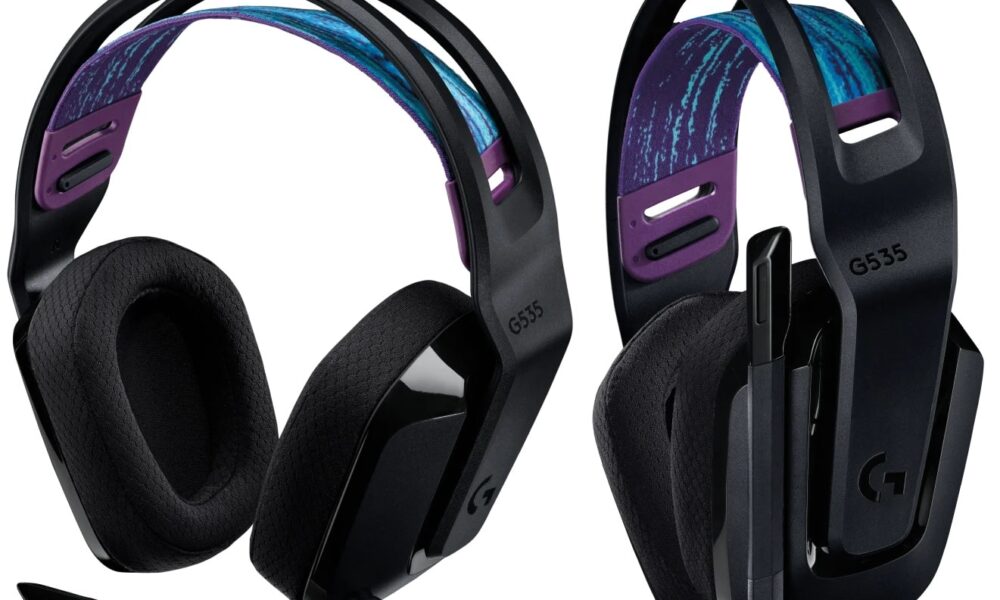This week Hitman 3 was updated on PC to receive RayTracing technology, and perhaps it didn’t bode well to be released together with the rescaling technologies Nvidia DLSS and AMD FSR 1.0, and the reason is more than obvious: the game improves on a visual level, but the stress it generates on the system is so exaggerated that the game with RayTracing in Ultra Quality, and at an HD resolution of 3840 x 2160 pixels , moves at 30 FPS with an Intel Core i9-10900K junted to an Nvidia GeForce RTX 3090.
In case you want to improve performance in Hitman 3, you can remove the shadows by RayTracing (RT), but the performance improvement is tiny, making it go up a 36 FPSregarding the 108 FPS that reaches without RT. Hence the need to use rescaling technologies in a mandatory way to try to play at higher resolutions with greater fluidity. Moreover, it is even recommended, since it is indicated that at long distance the shadows are better seen with the RT deactivated.
“RT shadows have less of an impact on the visuals of the game. They help the quality of shadows from the sun in the usual way you’d expect, adding twilight for good smoothing, even applying it to vegetation, which isn’t necessarily a fact, as it’s expensive and complex on its own. They also introduce very tight contact shadows to emphasize details, which is nice. However, RT shadows also have a limited range: beyond a certain distance, the RT shadows fade out and you see shadow maps instead, and unfortunately those shadow maps don’t have any kind of filter and are pretty rough looking.”
“RT reflections are comparatively very heavy on the GPU, to the point where an RTX 3090 running low settings at 4K sees 60 percent less performance on low, 67 percent worse on medium, and a noticeable 72 going from near 4K 120fps to sub-60fps all the time is a tall order and as you’ll see in the video on this page, less capable cards at lower resolutions still have a mountain to climb in terms of get decent performance, while the gulf between AMD and Nvidia hardware varies depending on RT load.
In the end, for AMD RDNA2 GPUs, I would only recommend setting reflections to low for RX 6800 XT GPUs and above… but even then, that decision is questionable, as the performance hit is still severe, while FSR 1.0 doesn’t do a good enough job of rescaling to compensate and there is no option to use FSR 2.0, for now at least. Really, I imagine that most Radeon users will opt for RT shadows, which are much more cost effective on these GPUs.
For Nvidia users, I recommend that only RTX 3080-tier GPUs opt to use RT reflections set to medium, while RTX 3070-tier GPUs opt for low reflections. Anything below this performance class is not functional, and I would suggest using only the RT shadows option. By the way, based on IO Interactive’s recommendations on the specs, I would only suggest using reflections in conjunction with DLSS; yes, the impact is really that high.”





